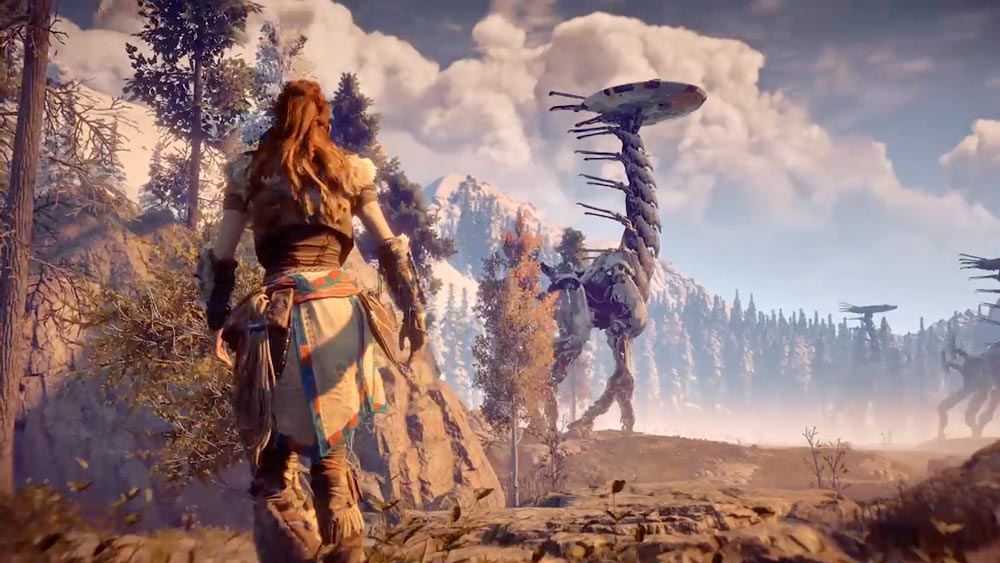Oh video games. For all the good that you can and have done, and hours of beauty and joy that you have brought to millions, so often you end up the scapegoat blamed for so many of the problems we see in the world. In all honesty, I never really know what to say or think about many of the social issues tied to, well really anything. I feel like the problems are things that I need to be aware of as I go about my day, and I am not one to invalidate how another feels about one thing or another, so I know it is important to stay informed as to what can be possibly problematic.
I cannot say much of anything to the effects or lack thereof of games on gun violence, or violence of any kind. Much of the research I have seen to this point has been, at best, inconclusive and often disproves the correlation, but the public opinion is still vehemently in support of the idea. That sort of dissonance is always incredibly irritating to me, the clinging desperately to what you want to believe in the face of overwhelming evidence to the contrary. Addiction is a more interesting problem, if only because it is something that games could do something about, but are at times designed to do the exact opposite. As this becomes a more serious problem, with more and more cases reported every year with more severe consequences leading to pretty morbid presentations in History of Computing classes, and there are hundreds of instances where people spend tragic amounts of money, it seems clear to me that something needs to be done here. And fortunately, steps are being taken in regard to this. Governments are stepping in and putting the same restrictions to many games as are brought on casinos and other forms of gambling. And if certain sections of the gaming world want to continue down this path and become more casino and less art, more of these systems of checks will need to be put in place. The ESRB, in its current state, is alright when in comes to keeping kids from being able to buy games they shouldn't be playing, though there are easy ways to take advantage of that system, but is not built to handle cases of microtransaction addiction. In cases like this, a sort of gaming commission needs to step in and monitor activity similar to that of a casino.
In my eyes, games are mostly a product of a lot of these social ills than they are a cause for them (although I suppose their is an argument for a sort of propagation of the problem). Sometimes, games try to act as a cure for social problems, trying to connect people and bring positive experiences and give examples of good representation and strong meaningful characters and experiences. Other times, games try to calculate how to best keep people clicking and giving more of their money. The latter is, for me, a significant problem, and has kept me growing farther apart from the gaming culture. But hopefully things can turn around with some of the push-back from the community with some of these practices, although if people continue to pay up in the way they have, there is no reason for studios to make any change.









/age-of-empires-2-5804ece05f9b5805c2b8f187.jpg)


